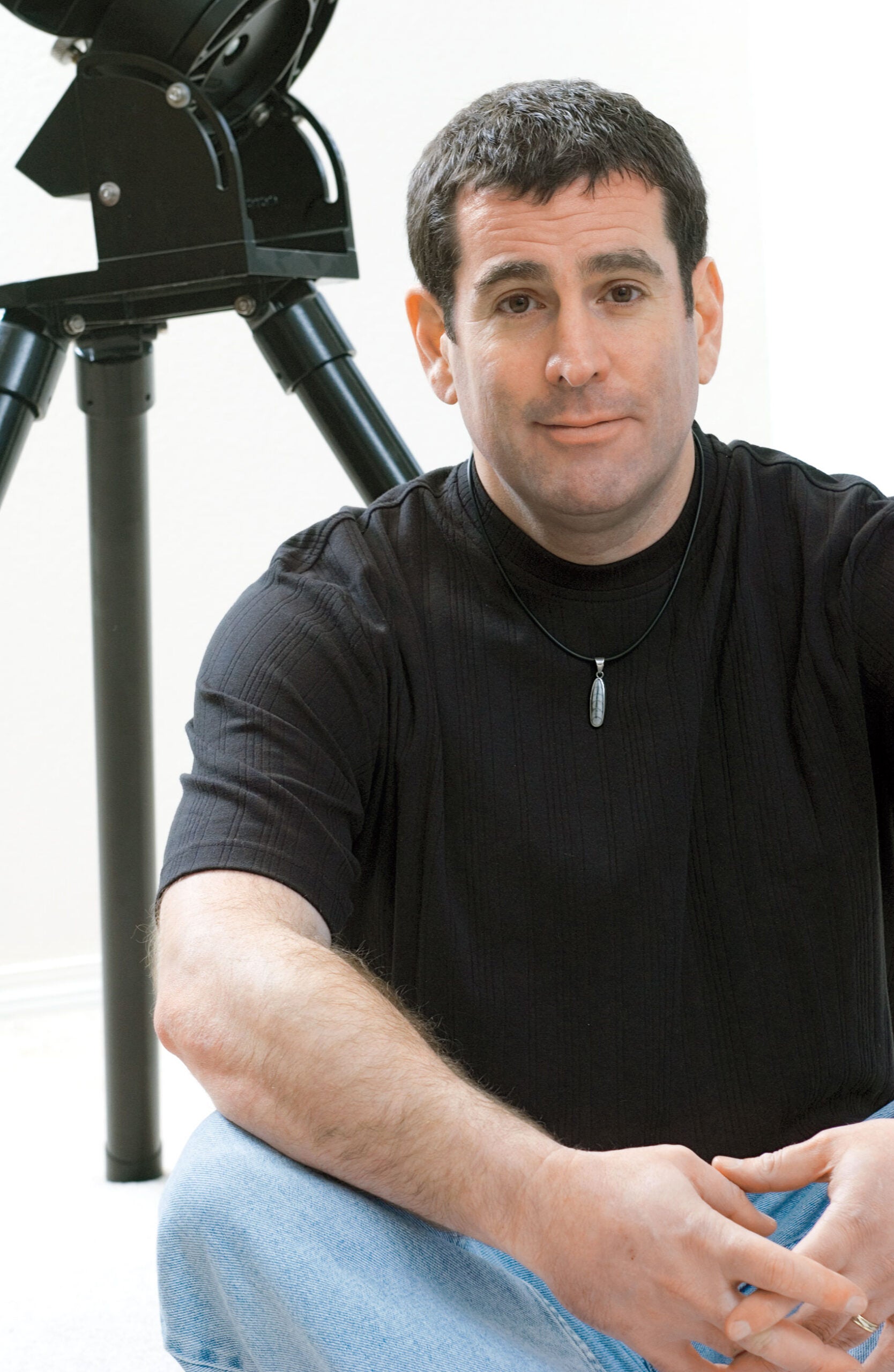From the streets to the courtroom, against astronomical odds
Astronomy just may have saved Ted Vosk’s life.
As a teenager, the Michigan native had become homeless after a “messy home situation led to a mutual agreement” between Vosk and his parents: He left, and they kicked him out. After some time on the streets, a friend who was in college invited him to sit in on an astronomy class.
“The professor was talking about the inverse square law of light,” recalls Vosk ’99, now a defense attorney in the Seattle area. “It was the coolest thing I’d ever seen. I just dove in from there.”
Vosk says he set out on “a search for truth,” reading piles of math and physics books he’d managed to acquire, until he realized he needed more guidance. He finished high school and got a job at McDonald’s, living in a tent behind the fast-food restaurant. He worked his way off the streets and was accepted to Eastern Michigan University.
Majoring in physics and math, Vosk won numerous accolades and awards, graduating magna cum laude in 1995. Then, after he spent a year in a physics fellowship at Cornell, his quest took a sharp turn.
“I got to a point where I no longer thought I could find what I was looking for through physics and math, and I wanted to be able to give something back to society,” says Vosk, who saw law as an answer. “When I was homeless, I’d gotten into trouble. I wanted to help others who might have made some bad decisions and didn’t want to have their lives ruined because of it.”
At Harvard Law School, Vosk joined the Harvard Defenders and worked at the Hale and Dorr Legal Services Center. After graduation, he and his wife settled near Seattle, where he has since set up a thriving private criminal defense practice. He has recently taken the case of Darrell Sky Walker, who is appealing a manslaughter conviction in the death of a University of Oregon student after a late-night brawl in 2005. Vosk believes Walker is innocent and sees a system increasingly slanted against defendants. “I don’t know what’s happened to the presumption of innocence, let alone a fair and neutral hearing,” he says, acknowledging the fight ahead.
Outside the courtroom, Vosk remains passionate about astronomy and now runs Celestial North, the astronomy club he founded in 2003 with friends he met through the Seattle Astronomical Society. They co-host an astronomy radio show called “It’s Over Your Head” and bring their science talks to school and community groups as well.
Celestial North recently won an award from Astronomy magazine for excellence in science outreach, recognition that will help them fund a new initiative to design online interactive lessons on astronomy and space sciences for schools and the general public.
“Kids can play with the lessons and see how, if they change a variable, it changes the solar system,” says Vosk, who knows firsthand how a lesson in astronomy can help change a kid’s universe.
